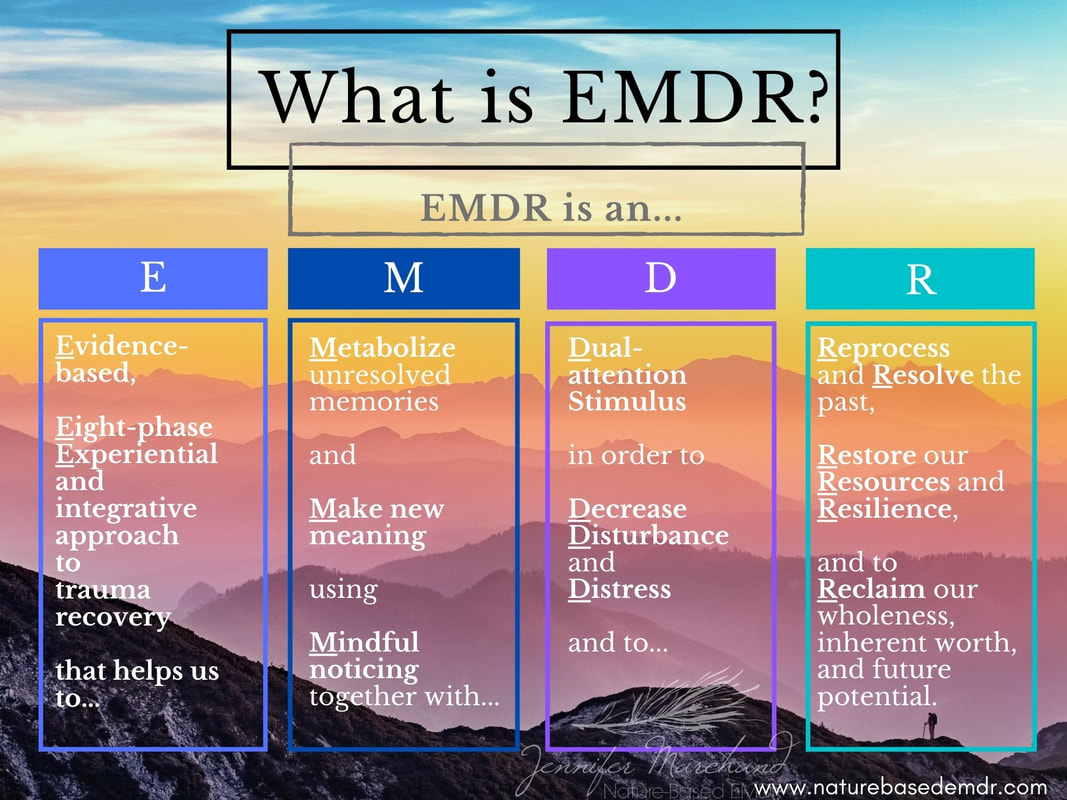|
Jaeger Counseling Blog
A Marriage & Pre-marital Counseling Individual & Family Therapy Resource |
|
Attachment styles play a crucial role in shaping our relationships, especially in marriage. According to renowned psychologists Kay and Milan Yerkovich, understanding attachment styles can provide valuable insights into the dynamics and challenges faced by couples. Attachment theory, developed by John Bowlby, suggests that our early experiences with caregivers shape our attachment styles, which in turn influence our adult relationships. There are four main attachment styles: secure, anxious-preoccupied, dismissive-avoidant, and fearful-avoidant. A secure attachment style is characterized by a sense of trust, emotional intimacy, and effective communication. Individuals with a secure attachment style feel comfortable expressing their needs and emotions, and they are responsive to their partner's needs as well. This style promotes a healthy and fulfilling marriage, as both partners feel safe and supported. On the other hand, an anxious-preoccupied attachment style is characterized by a fear of abandonment and a constant need for reassurance. Individuals with this style often worry about their partner's love and commitment, leading to clingy and demanding behaviors. This can create tension and conflict in a marriage, as the anxious partner may become overly dependent on their spouse. The dismissive-avoidant attachment style is characterized by emotional distance and a fear of intimacy. Individuals with this style tend to downplay the importance of relationships and may avoid emotional vulnerability. In a marriage, this can lead to a lack of emotional connection and difficulty in expressing love and affection. Lastly, the fearful-avoidant attachment style combines elements of both anxious and avoidant styles. Individuals with this style have a fear of intimacy and a fear of rejection, which can create a push-pull dynamic in their relationships. This can lead to instability and emotional turmoil in a marriage. Understanding these attachment styles can help couples navigate the challenges they may face in their marriage. By recognizing their own attachment style and that of their partner, couples can develop strategies to address any issues that arise. For example, a partner with an anxious attachment style may benefit from reassurance and open communication, while a partner with an avoidant attachment style may need space and understanding. By understanding and addressing these styles, couples can cultivate a healthier and more fulfilling relationship. As Kay and Milan Yerkovich emphasize, awareness of attachment styles can provide valuable insights and tools for couples to build a strong and lasting marriage. To understand more about your attachment style and its impact on your relationship you can go to howwelove.com and take the quiz.
0 Comments
Blame is a common reaction when something goes wrong or when we feel hurt or disappointed. It is a way for us to assign responsibility and find someone to hold accountable for the negative outcome. However, the concept of blame goes beyond just pointing fingers. It is a commentary on the unresolved hidden issues within the blamer themselves.
When we blame others, we often fail to recognize that our blame is a reflection of our own unresolved emotions and insecurities. Blaming someone else allows us to avoid taking responsibility for our own actions or facing our own shortcomings. It becomes a defense mechanism that shields us from confronting our own flaws and vulnerabilities. Blame also serves as a distraction from the deeper issues that lie beneath the surface. Instead of addressing the root cause of the problem, we focus on finding someone to blame. This prevents us from truly understanding the situation and finding meaningful solutions. Blame becomes a way to avoid the discomfort of self-reflection and growth. Furthermore, blame can be a projection of our own fears and insecurities onto others. We may project our own feelings of guilt, shame, or inadequacy onto someone else, making them the scapegoat for our own internal struggles. By blaming others, we create a false sense of superiority and righteousness, temporarily alleviating our own feelings of inadequacy. Instead of pointing fingers, we should focus on self-reflection and personal growth. By addressing our own emotions and insecurities, we can develop a deeper understanding of ourselves and others. This allows us to approach conflicts and challenges with empathy, compassion, and a willingness to find constructive solutions. "Before you point your finger at someone else, remember that there are always three fingers pointing back at you." - Unknown In today's digital age, cell phones have become an integral part of our lives. We use them for communication, entertainment, and information. However, the excessive use of cell phones can have negative effects on intimate relationships. 1. Distraction: One of the most significant negative effects of cell phone usage on intimate relationships is distraction. When we constantly check our phones, we divert our attention away from our partners. This can lead to feelings of neglect and frustration, as our partners may feel ignored or unimportant. Moreover, constant distractions can hinder meaningful conversations and emotional connection, which are crucial for maintaining a healthy relationship. It is impossible to be present with a cell phone in your hand. 2. Lack of quality time: Spending quality time together is essential for building and nurturing intimate relationships. However, excessive cell phone usage can eat into this time. Whether it's scrolling through social media, playing games, or watching videos, the time spent on our phones takes away from the time we could be spending with our partners. This lack of quality time can create distance and erode the bond between partners. 3. Decreased intimacy: Intimacy is a vital component of any romantic relationship. However, cell phone usage can negatively impact intimacy. When we are constantly glued to our screens, we may neglect physical affection, emotional connection, and sexual intimacy. The presence of cell phones in the bedroom can also disrupt sleep patterns, leading to fatigue and decreased sexual desire. 4. Trust issues: Excessive cell phone usage can also lead to trust issues in relationships. Constantly checking messages, social media, or emails can create suspicion and insecurity. Partners may start questioning each other's loyalty and faithfulness, leading to unnecessary conflicts and arguments. Trust is the foundation of a healthy relationship, and cell phone usage can erode that trust if not managed properly. 5. Communication breakdown: Effective communication is crucial for resolving conflicts and maintaining a strong bond in a relationship. However, cell phone usage can hinder communication. When we are constantly distracted by our phones, we may not fully listen or understand our partner's needs and concerns. This can lead to misunderstandings, miscommunication, and unresolved conflicts. To mitigate the negative effects of cell phone usage on intimate relationships, here are some suggestions: 1. Establish boundaries: Set clear boundaries regarding cell phone usage in your relationship. Designate specific times or areas where phones are off-limits, such as during meals or before bedtime. This will create opportunities for uninterrupted quality time and meaningful conversations. 2. Practice active listening: When engaging with your partner, put your phone away and actively listen to what they have to say. Show genuine interest and give them your undivided attention. This will strengthen your emotional connection and foster better communication. 3. Create phone-free zones: Designate certain areas in your home, such as the bedroom or living room, as phone-free zones. This will help create a technology-free space where you can focus on each other and nurture your relationship. 4. Set aside dedicated time for each other: Schedule regular date nights or quality time where you can focus solely on each other. Use this time to engage in activities that promote bonding and intimacy, such as going for a walk, cooking together, or having a heartfelt conversation. 5. Practice digital detox: Take occasional breaks from your phone and encourage your partner to do the same. Engage in activities that don't involve screens, such as outdoor activities, reading, or pursuing hobbies together. This will help you reconnect with each other and reduce the dependency on technology. While cell phones have undoubtedly revolutionized communication, their excessive usage can have negative effects on intimate relationships. By being mindful of our cell phone usage, setting boundaries, and prioritizing quality time with our partners, we can mitigate these effects and foster healthier and more fulfilling relationships. "Technology is a wonderful tool, but it's a terrible master." - Simon Sinek |
Norman Jaeger
|




 RSS Feed
RSS Feed